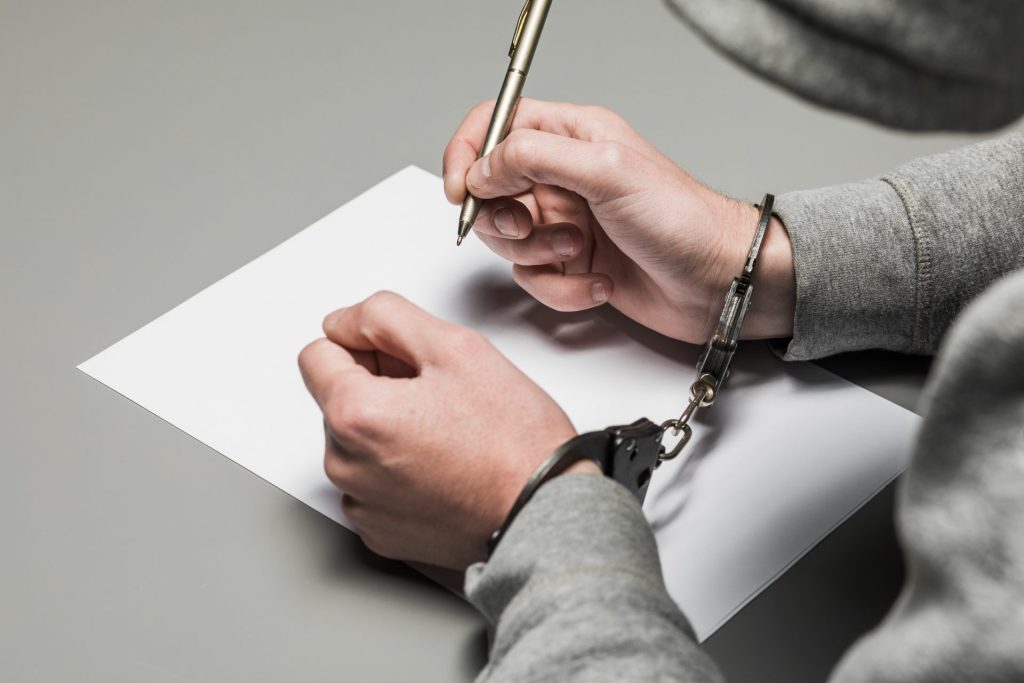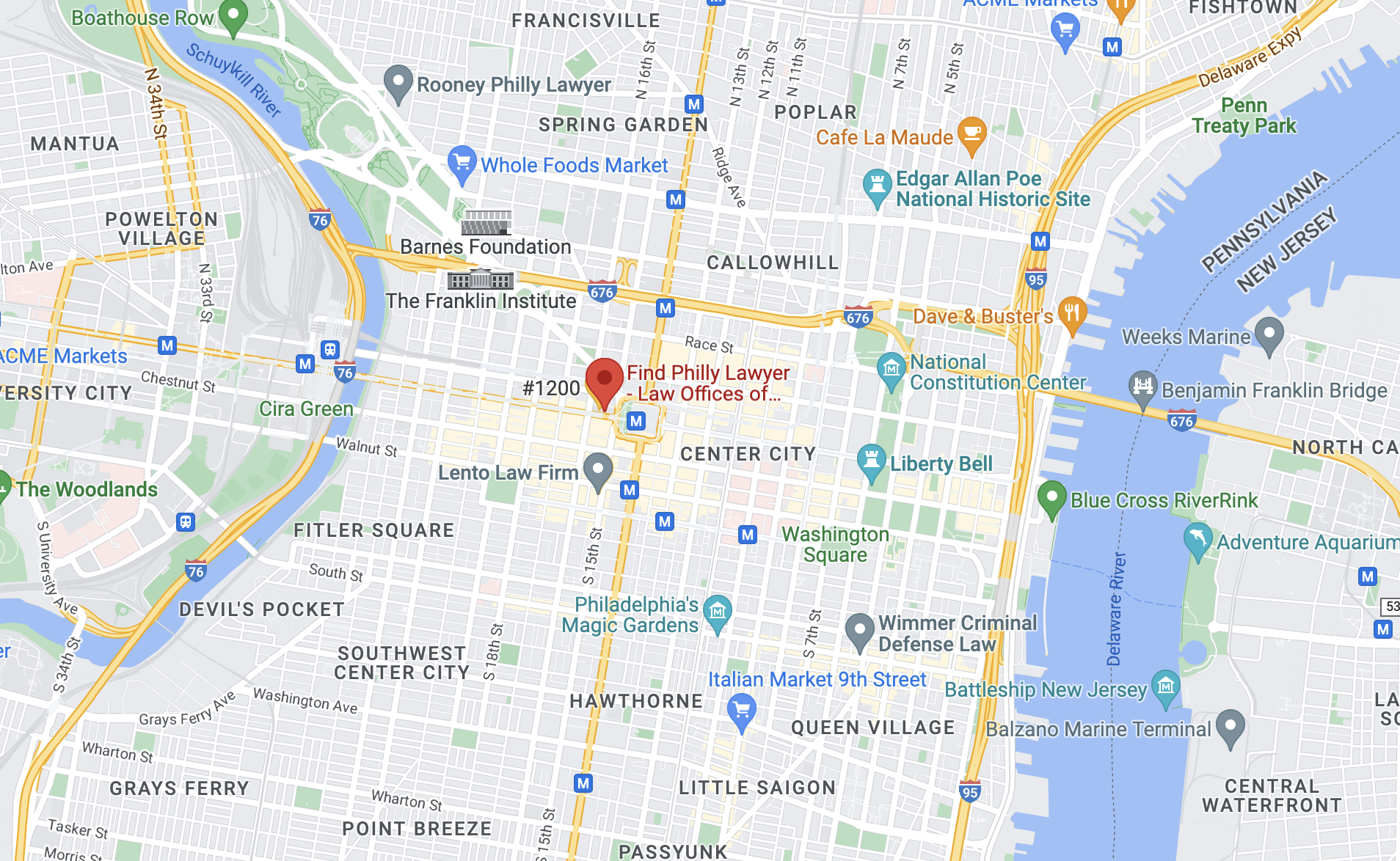One of the first things people learn when they get a driver’s license is how dangerous it is to drive while intoxicated. Driving while drunk or high on drugs may result in being arrested and charged with driving under the influence (DUI). A common component of many DUI arrests is a breathalyzer test, sometimes referred to as a breath test. The test measures the alcohol on your breath and helps the police get an accurate blood alcohol concentration (BAC) measurement. However, drivers may not want to submit to a test they know will be used against them in their DUI proceedings. Refusal to submit may lead to additional penalties.
If you have been arrested for a DUI, a breathalyzer test is not optional. Drivers are required to submit to such testing under Pennsylvania’s laws of implied consent. Drivers give their implied consent to chemical testing for DUIs when they accept their driver’s license from the state. Penalties for refusing to submit can include additional suspensions of your license, jail time, fines, and court-imposed restrictions on drugs and alcohol.
If you or someone close to you was arrested for a DUI but refused to submit to a breathalyzer test, additional penalties may be on top of your DUI charges. Our Pennsylvania DUI defense attorneys can help you make sense of your charges and penalties. We can fight to dismiss your DUI or have your penalties reduced and hopefully get your license back. Schedule a private legal consultation with our compassionate team by calling The Liberty Law Team at (215) 826-3314.
What Are The Penalties for Refusing a Breathalyzer Test in Pennsylvania?
If the police stop you for a DUI in Pennsylvania, you may have to submit to a breathalyzer test. A breathalyzer test involves blowing into a breath testing device that measures the amount of alcohol on your breath and determines how much alcohol is in your system. When administered after an arrest for a DUI, these tests are legally required and you will face additional penalties for refusing the test.
While the police will not force you to take the test, they will advise you of the possible penalties for refusing. These civil penalties include a suspension of your driver’s license for an entire year. This suspension may be extended to 18 months if your license has previously been suspended for a DUI or you were previously convicted for a DUI or similar offense.
There are also criminal penalties for refusal to submit to a breathalyzer test. If convicted for the DUI, for a first offense, you will have to serve no less than 72 consecutive hours in jail and pay a fine of at least $1,000 but no greater than $5,000. You may also have to attend highway safety courses and comply with drug and alcohol restrictions.
For a second offense, your time in jail will be upgraded to at least 90 days, and your fine will increase to at least $1,500. You will also be required to attend highway safety courses and abide by drug and alcohol restrictions imposed by the court. Learn more about the penalties for a second DUI in Pennsylvania.
A third or any subsequent offense will be met with even tougher penalties. You will have to serve at least 1 year in jail. Your fines will be no less than $2,500. As with the other penalty levels, you will have to comply with all the drug and alcohol restrictions imposed by the court.
If you refused to submit to a breathalyzer test and are now faced with increased penalties for your supposed DUI, please get in touch with our Pennsylvania DUI defense lawyers. We can challenge your DUI and hopefully reduce your penalties or get your charges dismissed.
How Does Implied Consent Affect Your Ability to Refuse a Breathalyzer?
When you received or renewed your license, you were asked to review and sign a few documents. One of them – which you might have signed without reading it over carefully – was called Form DL-26, also known as the Implied Consent Warning or the “O’Connell Warning” (not to be confused with the Miranda Warning). Pennsylvania’s implied consent law requires individuals who are lawfully arrested to take a blood, breath, or urine test if they are found driving under the influence. By driving on Pennsylvania roadways, you impliedly agreed to chemical testing for determining your blood alcohol content (BAC). BAC is the measurement for the amount of alcohol that is present in a person’s bloodstream. If you were arrested for DUI and do not understand what you agreed to when signing for your license, our criminal defense lawyers in Philadelphia can help you through this process.
When you signed the DL-26, you gave your “implied consent” to submit to chemical testing (urine testing, blood testing, or breathalyzer testing). This chemical testing is authorized by 75 Pa. Cons. Stat. § 1547. Therefore, if you refuse to submit to a breathalyzer test, you will be subject to consequences. Penalties for a first-time DUI in Pennsylvania, your driver’s license can be suspended for a full year, with a $500 reinstatement fee. For multiple DUI offenses, or if certain other factors are in place, the license can be suspended for as long as 18 months and you can incur thousands in reinstatement fees. An aggravated assault with DUI can impose even stiffer penalties, like up to 10 years in prison. Even if you are later found not guilty of DUI, your license will remain suspended due to your refusal to consent to chemical testing.
The Pennsylvania statute requires police officers to inform drivers of these consequences. If you were not informed of these penalties or have other reasons to believe your rights were violated, please contact our Pennsylvania DUI defense attorneys.
Are There Restrictions on Chemical Testing for DUIs in Pennsylvania?
Even though chemical testing may be required, the police are not allowed to force a driver to submit to testing. Chemical testing usually involves taking samples, like blood, breath, or urine, from a person’s body. Forcing someone to submit to such testing would be a major violation of their bodily autonomy. Instead, the police will instruct a driver arrested for a DUI about the breathalyzer testing requirements. They will also inform the driver about the penalties for refusing to submit. The driver is technically able to refuse but will be penalized for doing so.
As of 2016, it is now illegal for police to perform a blood test without either your consent or a search warrant signed by a judge. The US Supreme Court decided in Birchfield v. North Dakota that police can perform a breath test when they arrest you, but they need a separate warrant to perform a blood test. Most police in PA will attempt to use a blood test to prove DUI, which means they will need a search warrant, but many state police will use chemical breath tests instead. It is unclear how Birchfield affects Pennsylvania’s implied consent law at this time. Call our Pennsylvania DUI defense lawyers if you underwent chemical testing related to DUI charges.
Sobriety Checkpoints in Pennsylvania
In Pennsylvania, not only are sobriety checkpoints upheld under both the state and federal constitutions but they are also conducted with exceptional frequency. Pennsylvania actually has some of the most robust checkpoint laws in the country. While most states limit such checkpoints to use on a weekly or monthly basis, amounting to just several dozen checks per year, Pennsylvania conducts several hundred annual checks.
Many residents falsely believe that sobriety checks infringe upon constitutional rights, but the truth is that DUI roadblocks are perfectly legal in Pennsylvania. Furthermore, police officers do not need reasonable suspicion to stop a vehicle at a checkpoint. While the Fourth Amendment famously safeguards “the right of the people to be secure in their persons, houses, papers, and effects, against unreasonable searches and seizures,” courts have ruled that these DUI checkpoints do not conflict with the Fourth Amendment due to the need to preserve public safety.
You might think that you can avoid a DUI arrest by making a U-turn, but law enforcement is already one step ahead of you. Many roadblocks are attended by officers in chase vehicles, whose purpose is to follow and apprehend drunk drivers who veer away from roadblocks to evade detection. While some cases have resolved in favor of citizens avoiding roadblocks, it is a risky gamble to take.
There are few scenarios where DUI checkpoints are unconstitutional. For instance, roadblocks must be constructed at the pre-approved location and must be established for the sole purpose of detecting intoxicated drivers. Officers cannot question persons passing through the checkpoint about unrelated criminal activity, like assault or burglary, though plainly visible narcotics or drug paraphernalia can result in an arrest for drug crimes and confiscation of the items.
If you think your constitutional rights were violated by law enforcement, or you were a victim of police brutality, you should consult with our Pennsylvania DUI defense lawyers.
Breathalyzers at Sobriety Checkpoints in Pennsylvania
Sobriety checkpoints allow officers to stop drivers with no probable cause or reasonable suspicion that the driver is intoxicated. Instead, drivers are stopped according to a predetermined pattern, such as every other car or every third car. Because of the nature of sobriety checkpoints, drivers may have a bit more leeway when the police request them to submit to certain testing.
At a checkpoint, officers may ask drivers to take a preliminary breath test or perform some field sobriety tests. Field sobriety tests are small physical tasks that usually require more refined motor skills and are difficult for an intoxicated person to complete. A preliminary breath test is a breathalyzer test administered before a driver is arrested. These tests are usually used to gather probable cause for your DUI.
Drivers can refuse a preliminary breath test and field sobriety testing when stopped at a checkpoint if they have not yet been arrested. In fact, the interaction between the police and drivers at a checkpoint is usually very limited. Typically, drivers are not required to answer any questions beyond basic information like their name, license, and registration. The police are often looking for signs of intoxication, and if they do not see any, they let drivers move on reasonably quickly.
If you were falsely informed that a breathalyzer was required as part of a checkpoint stop, you might have grounds to suppress evidence against you. Contact our Philadelphia drugged driving defense lawyers for assistance.
Philadelphia, PA DUI Defense Attorneys Offering Free Consultations
If you were arrested for a DUI or charged with underage drinking as a UPenn student or college student, a Philadelphia criminal defense attorney at the Law Offices of Lonny Fish can help you fight your DUI arrest. We are highly experienced in defending clients against DUI charges. Call our Pennsylvania criminal defense lawyers at the Law Offices of Lonny Fish right away at (215) 826-3314.





 Liberty Law Team
Liberty Law Team  (215) 826-3314
(215) 826-3314 lonny@libertylawteam.com
lonny@libertylawteam.com





